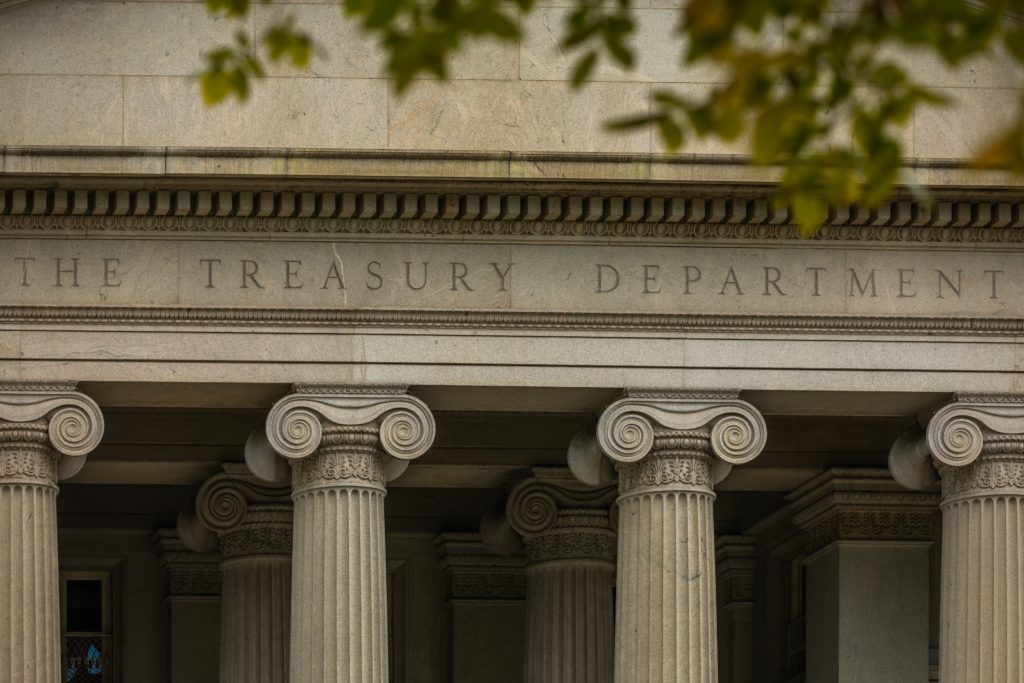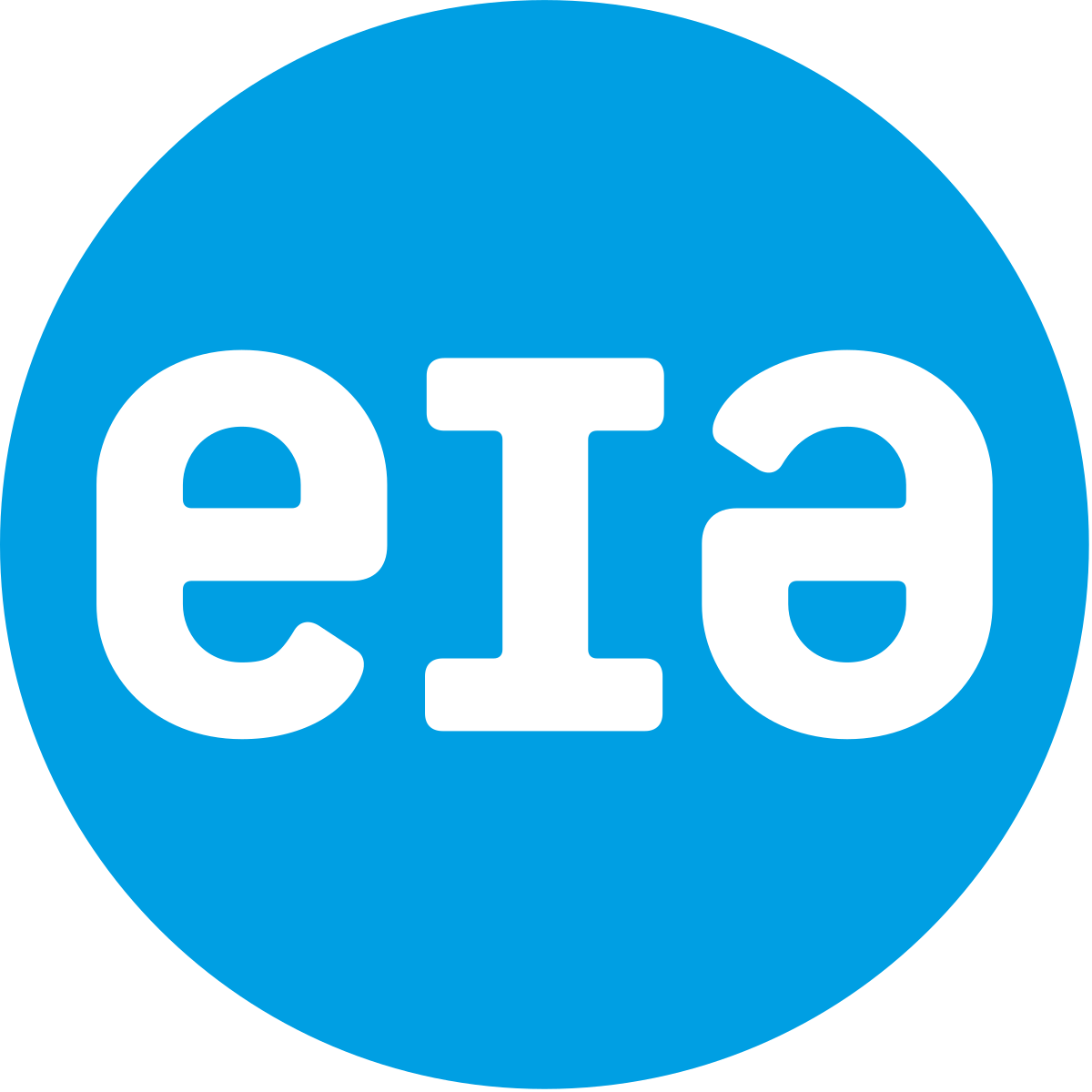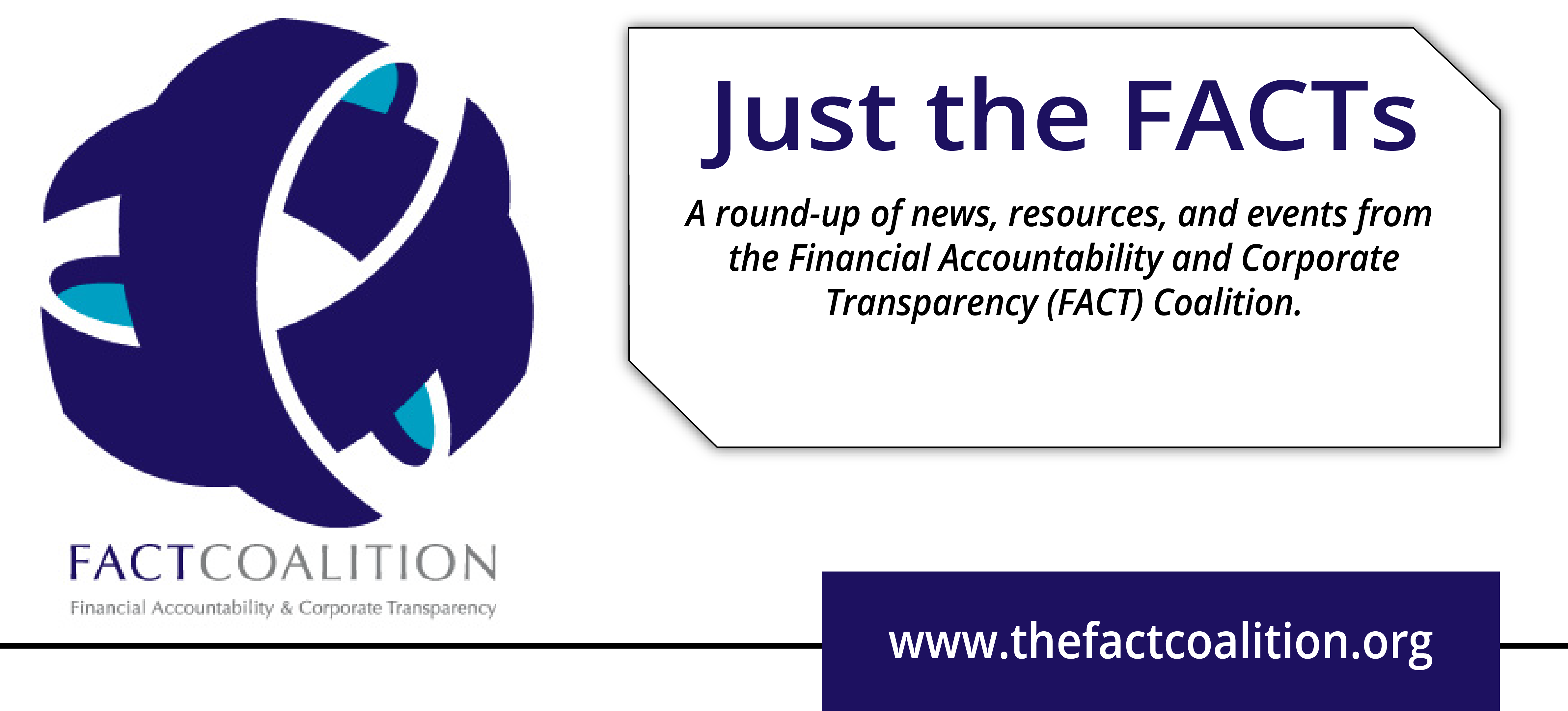State of Play

Backlash Mounts as Treasury Issues Interim Final Rule Gutting Corporate Transparency Act
On March 21, Treasury followed up on previously announced policy of not enforcing the Corporate Transparency Act (CTA), issuing an interim final rule instituting broad exemptions for domestic reporting companies under the law. The elimination of beneficial ownership reporting obligations for domestic companies is expected to reduce the total number of reporting companies from more than 32 million to just 11,667, effectively gutting the most important U.S. anti-money laundering reform in decades.
Treasury's new interim rule would exempt over 99% of entities from reporting their beneficial owners under the CTA, contradicting decades of evidence showing that illicit actors rely on US shell companies to hide their gains. Read our full press release:⤵️https://t.co/TvITQEZZn3
— FACT Coalition (@FACTCoalition) March 24, 2025
In a statement, FACT executive director Ian Gary called the move by Treasury “tantamount to nullifying the statute (of the CTA),” and “very unlikely to be upheld in court.” Under the statute, Treasury only has the authority to make reporting exemptions if the Department of Homeland Security and the Attorney General agree that reporting by the entities in question “would not serve the public interest” and “would not be highly useful” to investigators.
In that regard, Treasury’s interim final rule contradicts more than 10 years of Treasury National Risk Assessments and Congress’ own findings, which make it clear that domestic anonymous entities represent a significant money laundering risk. In addition to exempting domestic entities entirely, the rule also exempts U.S. owners of foreign companies from reporting requirements.
Law Enforcement Groups Protest CTA Changes
Before its passage in early 2021, the CTA garnered support from dozens of law enforcement and other stakeholders, including 42 state Attorneys General, the Fraternal Order of Police, and the National District Attorneys Association. In a statement, National District Attorneys Association Executive Director Nelson Bunn said that “Treasury’s interim final rule threatens to deny law enforcement the vital information they need to pursue illegitimate business fronts that jeopardize U.S. national security and public safety.”
Eric Brown, President of the National Narcotic Officers’ Associations’ Coalition (NNOAC), reinforced that sentiment, while making it clear that investigations critical to the Administration’s anti-fentanyl agenda will be particularly impacted: “Following the money is a proven strategy in investigations that involve organized criminal activity, especially fentanyl and other illicit drug trafficking,” he said. “Law enforcement resources are stretched thin, and the Corporate Transparency Act – if fully implemented – would enable narcotic enforcement officers to be more effective in protecting the public from drug trafficking.”
Hearing on Fraud Prevention Puts Anonymous Companies Center Stage
Lawmakers had the opportunity to question witnesses on the impact of Treasury’s changes to the CTA during a hearing on fraud prevention before the House Financial Services Committee’s National Security Subcommittee on April 1.
Representative Joyce Beatty (D-OH) noted that the new reporting rule “effectively make(s) the U.S. a haven for money launderers, traffickers and fraudsters,” citing a 2022 case in which six individuals were charged in a $10 million fraud scheme facilitated by anonymous shell companies. That case is just one of 19 examples outlined in FACT-member Transparency International U.S.’ latest fact sheet, “Exposing the Fraudsters: How Anonymous Companies Formed in the U.S. Have Been Used to Defraud Americans, and How the Corporate Transparency Act Can Stop Such Scams”, which was entered into the record during the hearing by House Financial Services Committee ranking member Maxine Waters (D-CA).
.@RepBeatty is right on the money here: "Gutting the CTA eliminates a critical tool for law enforcement to detect and deter fraud cases that involve anonymous shell companies, effectively making the US a haven for money launderers, traffickers and fraundsters." pic.twitter.com/XPyZia2Y7i
— FACT Coalition (@FACTCoalition) April 1, 2025
Representative Sam Liccardo (D-CA), a former prosecutor at the county and federal levels, also pushed back on assertions made by a representative of the National Federation of Independent Businesses (NFIB) surrounding penalties for noncompliance by small business owners: “You raise concerns about criminal threats to these companies, but in fact the law is very clear under Title 31, penalties only accrue if you are fraudulently reporting this information – willfully and fraudulently reporting information that is false. And somehow or another you’ve cast this as some great criminalization of corporate America. How can that be?”
Concurrent to the hearing, Senator Elizabeth Warren (D-MA) and Representative Maxine Waters (D-CA) led a letter from 19 members of Congress “expressing deep concern” and requesting additional justification for the decision to restrict ownership reporting requirements from Treasury Secretary Scott Bessent.
“Given that this choice will jeopardize our national security and the integrity of our financial system by allowing for the proliferation of the use of anonymous shell companies for money laundering and other financial crimes, we seek answers about the process and impact of your decision,” wrote the lawmakers.
In March, Senators Whitehouse and Grassley sent a bipartisan letter asking similar questions of Secretary Bessent, framing their request as “a matter of public and congressional accountability and ensuring that relevant policy interests underlying the CTA are satisfied.” The Senators also called on Treasury “to fully implement the CTA so that law enforcement agencies around the country have access to information necessary to prevent human trafficking, terrorist financing, border smuggling, drug distribution, and many other categories of criminal activity.”
Latest from FACT

In her latest blog, FACT’s Julia Yansura argues that Treasury’s recent order lowering currency transaction reporting thresholds along the southern border stands in stark contrast to the Administration’s rollback of the Corporate Transparency Act and other foundational anti-money laundering and anti-corruption reforms.
From the blog: “…the illicit drug trade is not a problem unique to border communities, low-income financial consumers, or MSBs. It is an American problem that impacts all of us, regardless of where we live or work, how much money we make, or where we were born. Piecemeal, politicized approaches distract from efforts to find and implement more meaningful structural solutions based on risk-based analysis.”

Statement for the Record: Ownership Transparency Essential to Combating Fraud
Read FACT’s official statement for the record submitted ahead of Tuesday’s HFSC subcommittee hearing on fraud prevention, including comments in opposition to H.R. 425. the Repealing Big Brother Overreach Act, which would fully repeal the Corporate Transparency Act.
From the statement: “H.R. 425… (would undo) decades of anti-money laundering progress with a single stroke. This approach would deny investigators even what little information they may still be able to access on foreign entities doing business in the U.S. under Treasury’s IFR, further crippling law enforcement’s ability to effectively patrol the nation’s financial borders… We hope the Committee will refrain from advancing any legislation that hurts current and future victims of fraud, undermines U.S. national security, and ties the hands of law enforcement officials pursuing foreign and domestic financial criminals.”
FACT in the News

BBC: Gold Hits $3000 Per Ounce
FACT program director for environmental crime and illicit finance Julia Yansura was interviewed for BBC World Business Report on the rising price of gold and its implications for the illegal mining, trafficking, and money-laundering industries.
“The best way to curb this problem is not by focusing on the mining site,” said Yansura. “Rather, we should be using financial strategies from the anti money laundering and counter terrorism financing (AML/CFT) toolbox. For example, it’s important to know who is actually behind the companies involved in the export or import of gold.”

The US Treasury Department Moves to Weaken Law Against Money Laundering
In a recent opinion piece for Ojo Público, Julia Yansura argues that Treasury’s recent move to weaken the Corporate Transparency Act is a dangerous setback not only for the U.S., but also for the Americas as a whole.
“The U.S. should continue to close the loopholes that allow dirty money, including corruption proceeds from neighboring countries, to find safe haven in places like Miami and New York,” she writes. “Instead, by rolling back U.S. counter-kleptocracy, anti-money laundering, and anti-corruption safeguards, the current U.S. Administration is opening the floodgates.”

Forbes: Revised Beneficial Ownership Information (BOI) Rule Exempts U.S. Companies From Reporting
FACT executive director Ian Gary’s statement on Treasury’s rule exempting U.S. companies from beneficial ownership reporting requirements was quoted in coverage by Forbes.
“Treasury’s proposal contradicts decades of evidence that sanctions evaders, tax cheats, and fentanyl traffickers rely on anonymous U.S. companies to stash their illicit cash in the U.S. financial system. This decision is tantamount to nullifying the statute and is very unlikely to be upheld in court.”

FACT policy director Zorka Milin was quoted by InsideClimate News in their coverage of tax benefits afforded to oil and gas companies, and the opportunity to address costly and unfair tax provisions ahead of the upcoming expiration of the 2017 Tax Cuts and Jobs Act.
“[Oil and gas companies] make huge payments to governments around the world, including to some in some pretty shady places, and what is adding insult to injury is a lot of those payments are used to offset payments they make here in the U.S.”
From Our Members and Allies

CICTAR: Starbucks’ Swiss Scheme: ‘Fair’ Trading or Global Tax Dodge?
A new report from the Center for International Corporate Tax Accountability and Research (CICTAR) details how multinational coffee giant Starbucks allegedly shifted at least $1.3 billion in profits to low-tax Switzerland through massive markups on coffee purchased – on paper only – by a Swiss subsidiary over the last decade.
From the report: “Starbucks Swiss trading scheme suggests that its ethical sourcing program enables a massive global tax dodge while not providing sufficient benefit to farmers…Tax dodging by Starbucks and other multinational corporations has real consequences on people and communities across the world. Starbucks must be held accountable to pay taxes, as appropriate, where it buys and sells coffee, and stop shifting profits via Switzerland.”

Environmental Investigation Agency: Illegal Logging Destroying the Brazilian Amazon Feeds EU and U.S. Timber Markets
A new investigation from the Environmental Investigation Agency (EIA), supported by analysis from the Center for Climate Crime Analysis (CCCA), found evidence suggesting that fifteen U.S. companies imported tainted timber from illegal logging enterprises in Brazil, raising serious questions about compliance with the Lacey Act, a U.S. law prohibiting the import of illegal wood products.
EIA and CCCA are both members of FACT’s Environmental Crimes Working Group.
Recent and Upcoming Events

April 8-9: Security and Development Dialogue for Advancing Multilateral and Multi-stakeholder Responses to Environmental Crimes
On April 8-9, FACT Program Director Julia Yansura will speak at a conference titled, “Security and Development Dialogue for Advancing Multilateral and Multi Stakeholder Responses to Environmental Crime.” The conference, which is organized by the Global Initiative against Transnational Organized Crime (GI-TOC) through their ECOSOLVE initiative, will be hosted by the Republic of France. Yansura will be speaking at a panel focused on sharing experiences and comparing approaches in addressing environmental crime, alongside experts from France, Brazil, Indonesia, Germany, South Africa, and the Democratic Republic of the Congo.

April 8-9: World Bank Partnerships for Anti Corruption Global Forum 2025
The agenda for the World Bank’s upcoming Partnerships for Anti Corruption Global Forum includes multiple plenary sessions on the role of beneficial ownership transparency in combating local and transnational corruption.
Read the full agenda for the 2025 Global Forum and register to attend here.

May 7: OECD Forum on Responsible Mineral Supply Chains
On May 7, FACT will be speaking at the OECD Forum on Responsible Mineral Supply Chains, on a panel titled Following the Money, Tracing the Mercury, and Responding to Local Voices: Exploring New and Under-Utilized Solutions to Address Illegal Gold Mining in the Amazon.
The panel event will also include friends and allies from the Environmental Investigation Agency (EIA), the Amazon Alliance for Reducing the Impacts of Illegal Gold Mining (AARIMO), IR Consilium, and the Colombian Ministry of the Environment.
About the FACT Coalition

